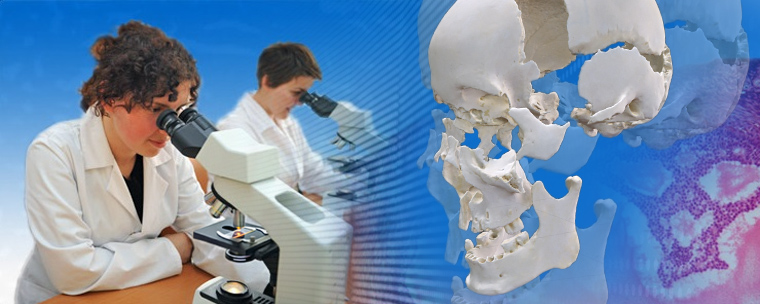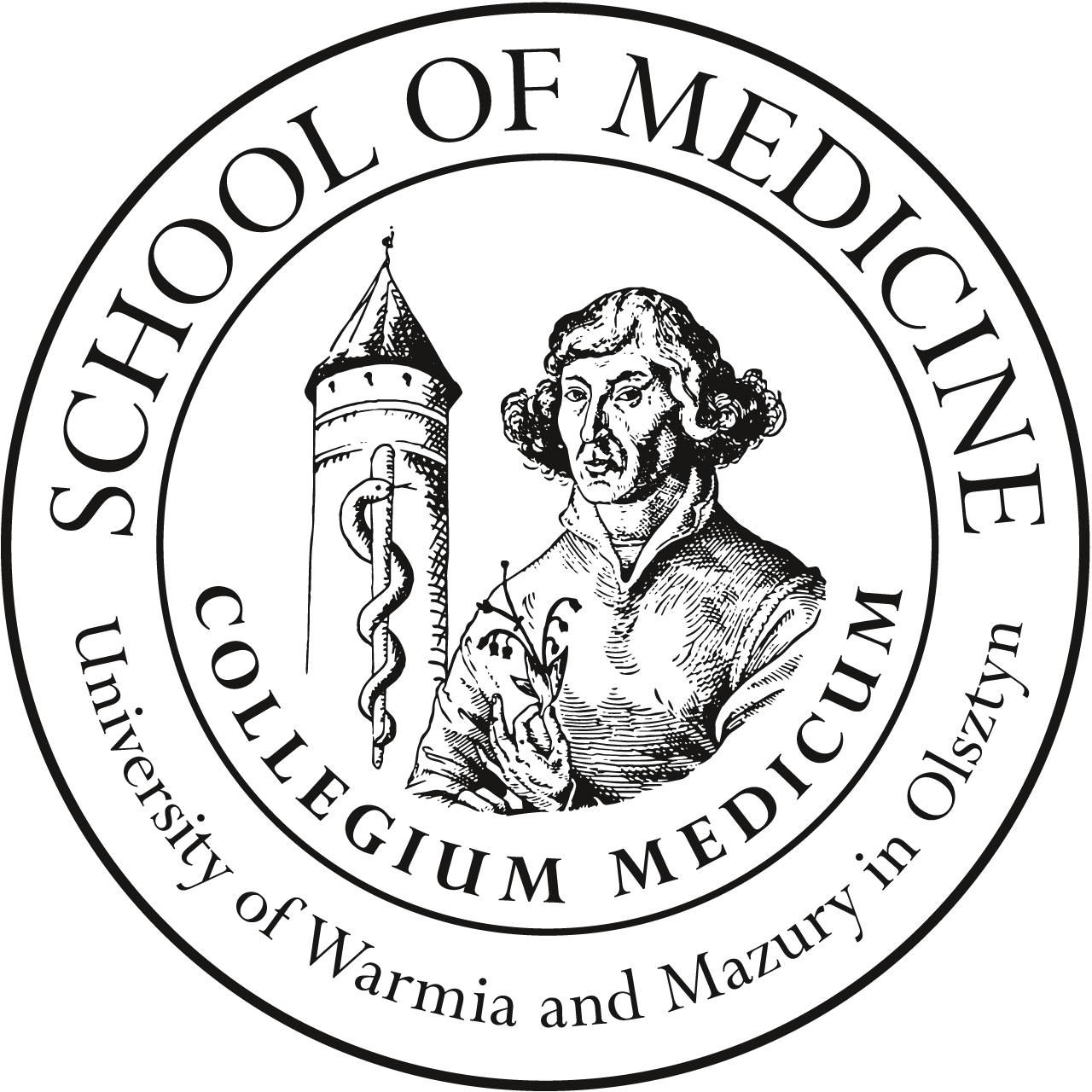
The Department of Anatomy and Histology was established by Ordinance No. 108/2024 of the Rector of the University of Warmia and Mazury in Olsztyn, dated December 23, 2024, as a result of merging the previously existing Department of Anatomy and the Department of Histology and Human Embryology. The head of the Department became Prof. Zenon Pidsudko MD, DSc.
About history of the Department of Human Histology and Embryology
The Department of Human Histology and Embryology was established by Resolution No. 316 of the University of Warmia and Mazury (UWM) Senate on June 13, 2008. It is housed in the modernized Collegium Anatomicum building on the grounds of the University Clinical Hospital in Olsztyn. The department’s founder and head until 2021 was Professor Zbigniew Kmieć, MD, PhD. Since January 1, 2021, the unit has been led by Dr. Janusz Godlewski, MD, PhD, a UWM professor. From October 1, 2008, the department has provided courses for Polish-language medical students, and since October 1, 2010, for English-language medical students. In 2015, it introduced embryology courses for students of Dietetics and Medical Biology at the Faculty of Biology and Bioengineering, and since 2017, for the newly established Midwifery program. Students benefit from modern teaching facilities equipped with an interactive digital system for histology course, including individual workstations with microscopes integrated with digital cameras and multimedia tablets. Since its inception, the Department of Histology and Embryology has grown vigorously, steadily adding new laboratories and research profiles. In 2007–2008, the first laboratories were set up: a histology lab and a molecular biology lab. Today, the department boasts five laboratories, including an in vitro lab, a fluorescence microscopy lab, and a protein separation lab. Its research activities are funded by grants from the National Science Centre, the Ministry of Science and Higher Education (Regional Initiative of Excellence – RID), the UWM Rector in Olsztyn, and statutory research funds. Projects focus on the molecular aspects of cancers such as colorectal and kidney cancer, as well as studies on endometriosis and the morphology and function of the enteric nervous system. Findings are published in reputable international and national journals. Future objectives include establishing a student research society and developing research and teaching collaborations with doctoral students from the Doctoral School.
History of the Anatomy Department
The Department of Anatomy was established in Olsztyn in 2008. The head of the department was prof. Jerzy Gielecki. One of the most modern departments of anatomy in Poland was created from the former military kitchen. The department's building is adapted to conduct didactic classes and scientific research both on the dissecting material and in virtual reality on the basis of anatomical preparations, CT scans or magnetic resonance scans. The Department is equipped with dissection sites, as well as devices for creating virtual 3D models. There are anatomy courses for students of the following subjets: Medicine (also in English), Emergency Medicine, Dietetics and Speech Therapy. Learning process is facilitated by genuine IT systems (including a system of electronic tests on tablets). Lectures are held using innovative techniques allowing students to view 3D images. In 2009 and 2012, the International Anatomical Knowledge Competition "Scapula aurea" was organized in which UWM students took one of the highest places. Since 2010, the "Scalpellum aureum" competition has been organized annually for the best dissection project. The originator of this competition was associate professor of the deparment, Anna Żurada, MD PhD. Dissection projects and presentations of participants from Olsztyn won first and second places. Since 2010, nationwide workshops for medical doctors have been held. The idea of the workshops was to practice performing complex medical operations on the cadavers. At the initiative of prof. Jerzy Gielecki the White Coat Ceremony took place for the first time in Poland. Since 2011, this ceremony has been continued annually. An important achievement is the significant contribution of the Department of Anatomy to the organization of the English Division in 2010. Thanks to the involvement of the department's employees in promoting the English Division, many promotional events were held. In the Department's research area, the FUSION Integrated Modeling System is developed. FUSION's been appreciated internationally (Silver medal Brussels Innova 2012, Gold medal Brussels Innova 2013 and Grand Prix Brussels Innova 2013). In 2018 a patent application was submitted.


